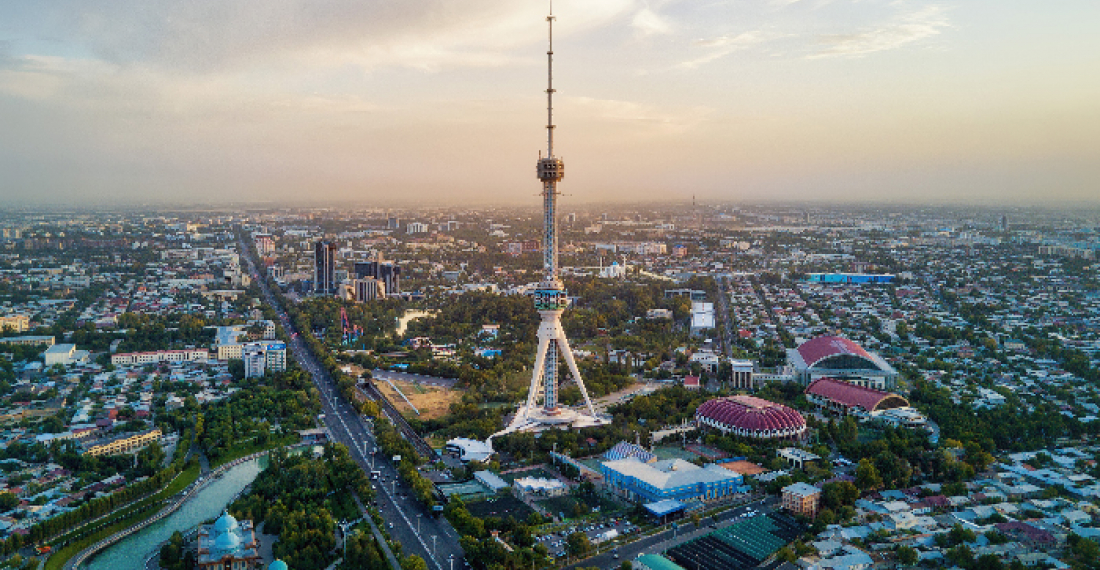The eighth High-Level Political and Security Dialogue between the European Union and the countries of Central Asia – Kazakhstan, the Kyrgyz Republic, Tajikistan, Turkmenistan and Uzbekistan – took place on Thursday (1 July) in the capital of Uzbekistan, Tashkent, with the participation of Afghanistan as special guest.
The meeting provided an opportunity to discuss regional dynamics and advance region-to-region co-operation on a broad spectrum of issues, including border management, security and the promotion of sustainable connectivity.
The European Union welcomed the upcoming conference on Central Asia-South Asia connectivity to be held on 15-16 July 2021 in Tashkent, which will provide space for reiterating international support to initiatives aimed at linking up Central Asian states, Afghanistan and their neighbours more closely as a key factor for peace, resilience and prosperity.
Participants expressed their shared concern about the resurgence of violence in Afghanistan and stressed their common determination to continue to work together to promote a genuine and inclusive peace process in the country.
The EU confirmed that the key priorities of its strategy on Central Asia of 2019 would guide the programming of its aid for the budget cycle 2021-2027.
Participants agreed to work together to organise a first EU-Central Asia Economic Forum, EU-Central Asia Conference on Tourism and third EU-Central Asia Civil Society Forum by the end of this year. The EU welcomed the proposal to organise a high-level conference on Connectivity in 2022.
The EU and its Central Asian partners look forward to their next Ministerial meeting to be held later this year in Dushanbe (Tajikistan).
The Dialogue was chaired by EEAS Deputy Secretary-General for political affairs, Enrique Mora.







